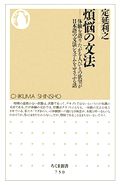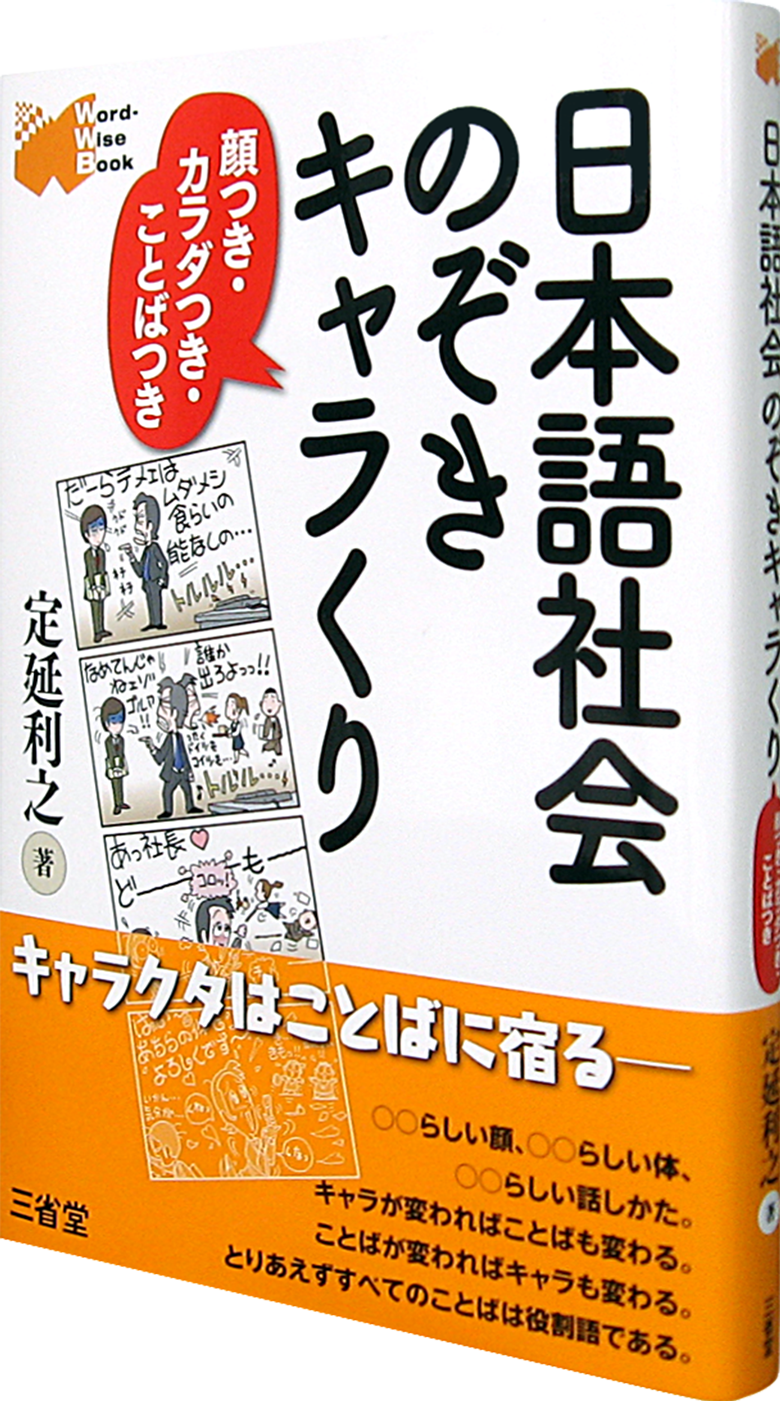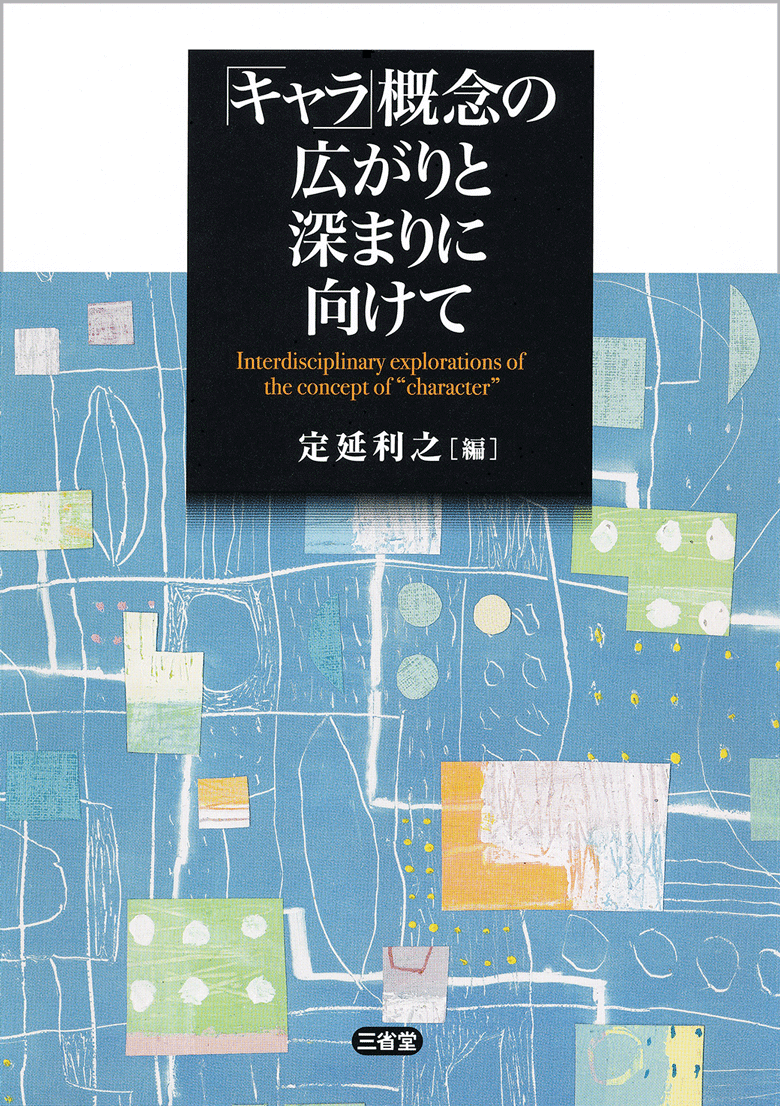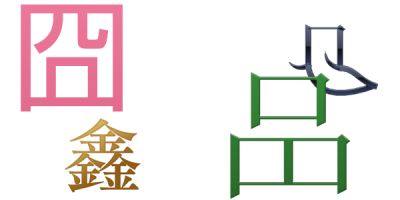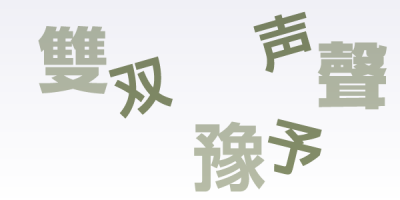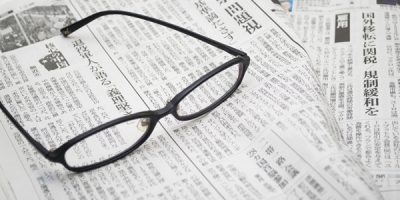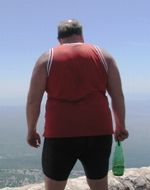
Last time, we looked at the “physical transformation technique” used in manga and discussed the link between physical transformation and character. This is related to how some of our characters are suitable and accepted, and others not, by those around us depending on our body type.
In Tomiko Miyao’s Kantsubaki (2002), there is a scene in which a “young man,” who has come to a brothel as its new manager, “straightens up his diminutive body in an attempt to look dignified.” Given the way this is phrased, we can imagine that the man fails to gain the respect of the prostitutes, and quickly withdraws. In order to deploy a “boss” character by straightening up and looking dignified, one must have a suitable physical presence.
Even so, this is only a matter of “suitability” and “ease of acceptance.” Our bodies do not completely determine our characters.
Our bodies are not, to begin with, without ambiguity. Aside from being associated with the “boss” character, physical presence in and of itself is ambiguous, and could be linked with “oafishness,” “dull-wittedness,” “warmth of personality,” “wealth,” “authoritarianism,” “Epicureanism,” etc. This is expressed well by the “double life” of a spa attendant named Kijuu in Masu Ibuse’s Kakemochi (1940).
In Shinozasaya, an inn in the Yunomura spa area of Koushu where he works, Kijuu never drinks or smokes and meekly goes about his duties, carrying the futons and pillows to the rooms, washing the customers’ backs, and even helping with the cleaning. Despite this, the female staff members tease him, with the head woman actually driving him to tears at one point. Having nothing in particular to recommend him, at the end of each season, he alone among the three attendants, is sent away. In other words, he is a “loser spa attendant.” With no hometown to return to, he holds a second attendant job at an inn located in Yatsu Izu.
However, “peculiarly, when living at the Touyoutei inn at Yatsu spa, Kijuu received utterly different treatment.” The proprietress and female staff call him “Mr. Uchida” instead of “Mr. Kijuu,” and he is seen as an impressive “sophisticated, elegant attendant.” The high opinion of him others hold is unchanged, even when he casually lounges around the corridors smoking, reads newspapers and novels at the counting room desk with his chin propped on one hand, goes out drinking and stays away all night, or lets his beard grow out.
His change at Touyoutei and Shinozasaya begins with his clothes. When traveling between Izu and Koushu, he stops over in Atami. When traveling to Koushu, he changes into spa attendant attire, but when traveling to Yatsu, he dresses fashionably. “It is human nature that, having initially appeared in fashionable clothes, he wanted to stay always fashionably dressed. It is also human nature that, while dressed up nicely at Touyoutei, he did not wish to see the faces of any of the customers whose backs he had deferentially washed at Shinozasaya. While in Koushu, he never breathed a word about conditions of the fishing grounds to people in Izu.”
That is, he wanted to spend his time in Izu as a “sophisticated, elegant attendant” character, completely separated from his life in Koushu. He wanted to make his physical appearance match this character. However, he could not return to Koushu with his “sophisticated, elegant attendant” character’s appearance. In Koushu, Kijuu is fully aware that he is a “loser spa attendant,” and has a separate, suitable appearance, but what is important here is that this dual-character lifestyle is not something he himself devised; it began exogenously. Although his physical appearance is the same in both places, the people in Koushu and Izu created completely different characters for Kijuu.
Consider the girl who is the clumsy imouto character on her school sports team. But at her part-time job, perhaps she is an anego character, freely giving her coworkers a piece of her mind. In modern society too, one finds “Kijuus” living with multiple characters everywhere.


